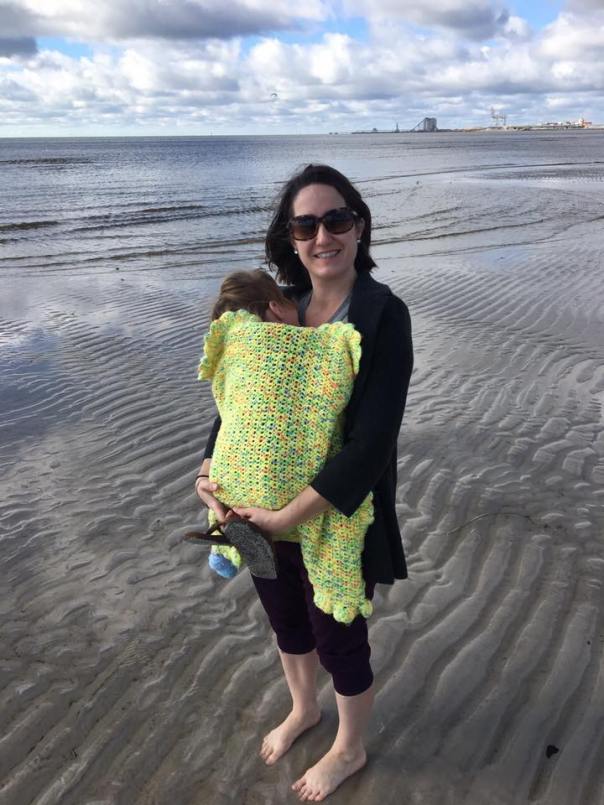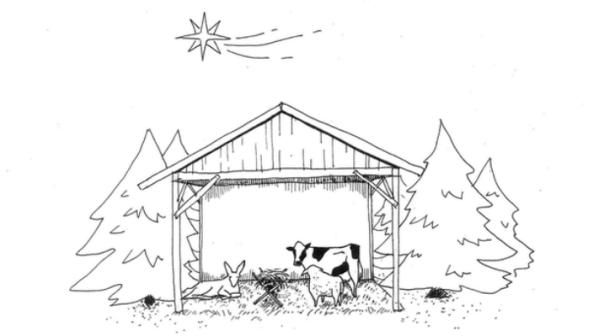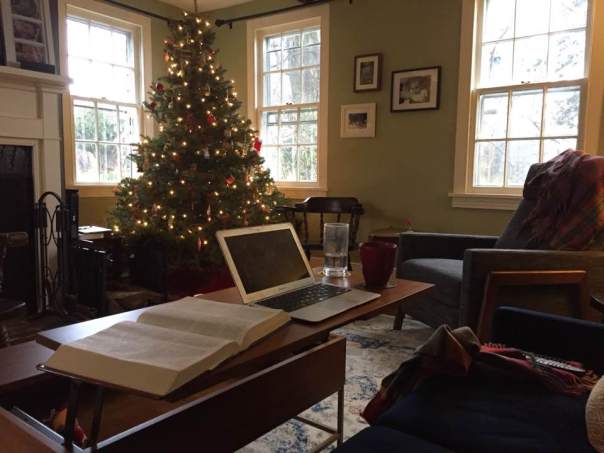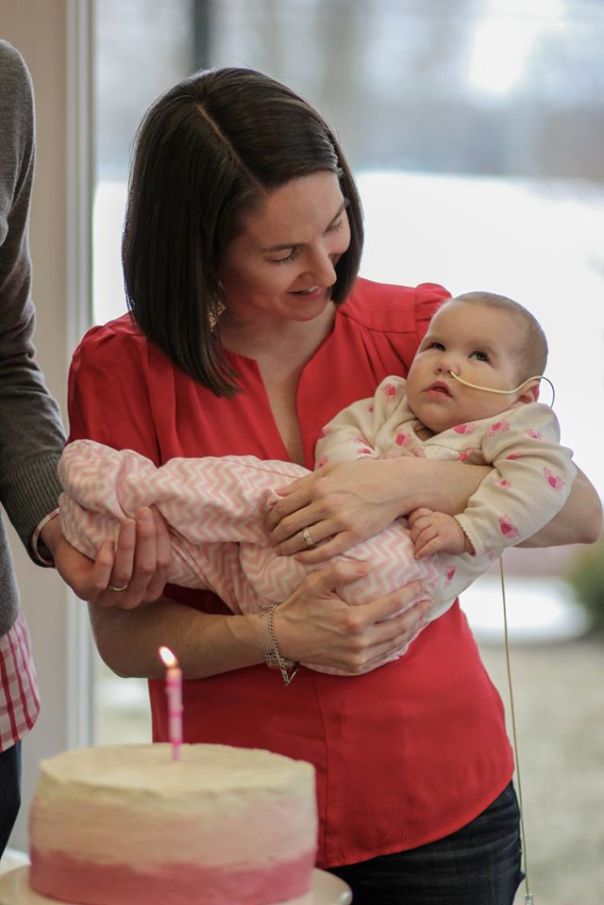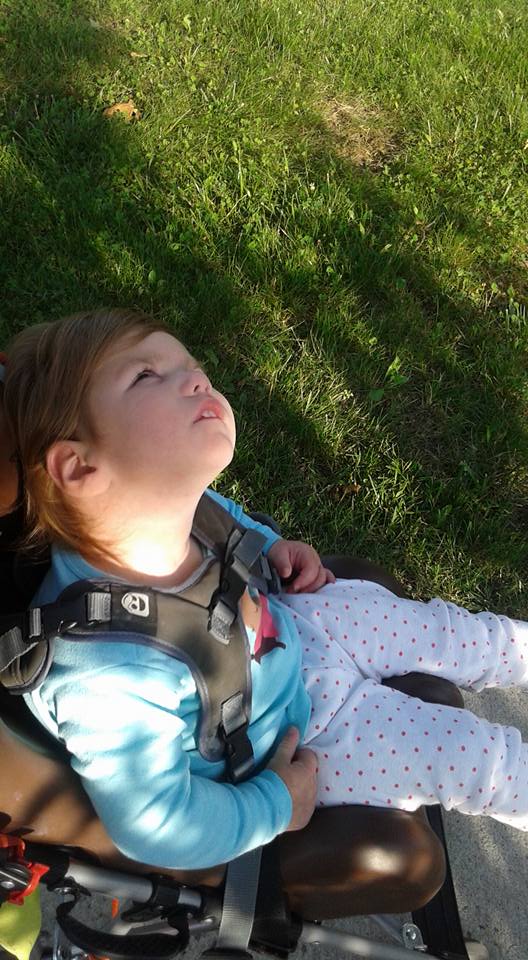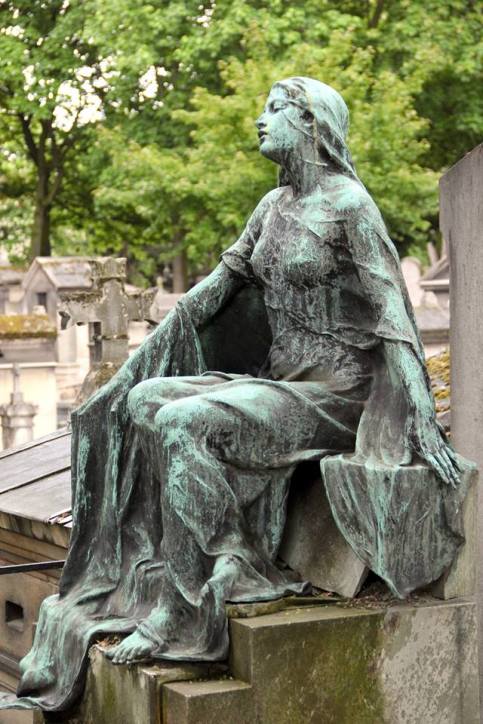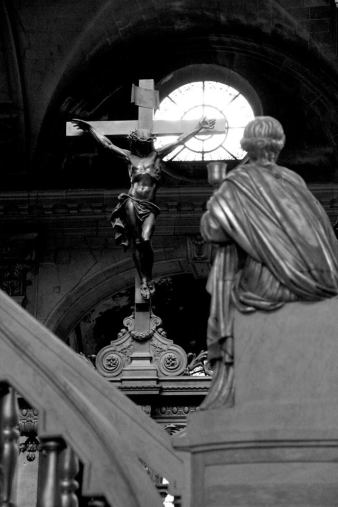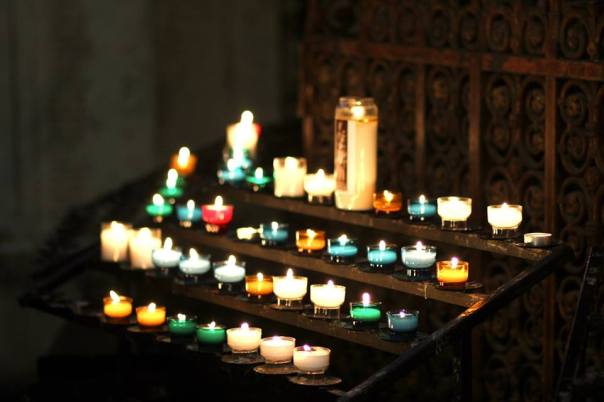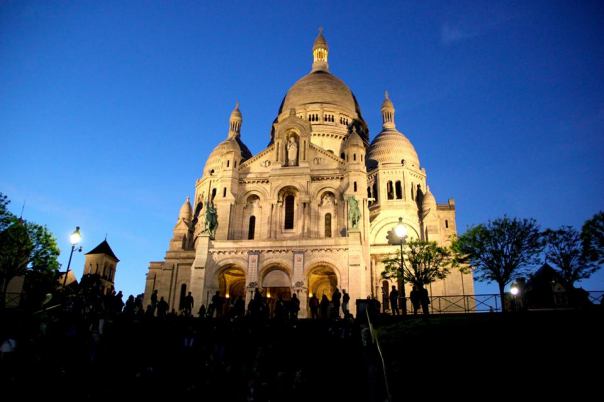Somewhere around Thanksgiving I decided to try starting my day (again) with lectio and silence. No matter how pressed I feel for time, when I get to my office or when I scoop up Lucia and head to the porch, I try to lend some space for breath and nothingness and silence. Here I am in August and I’m still doing it, so there’s something. But the reason I’ve been practicing some form of centering prayer for over a decade now is not because I’m good at it or because it’s easy, but because as with any discipline, it reminds me what a spiritual novice I really am.
Case in point: for several years after Lucia was born, because she needed and loved (and still loves) to be held, I struggled to find just ten minutes a day when my hands were free to sit in silence. But in the last ten months, I’ve finally realized something: I’m much better at praying when I’m holding Lucia. If I’m in my office alone, like I was this morning, I’m surrounded by my books and my responsibilities and distractions, and when an idea comes to me, my hands are instantly busied, trying to scratch down that idea on paper before it flees. My eyes flutter open and my attention floats away from prayer to the day ahead of me.
But if I’m holding Lucia, I can’t use my hands. When my eyes open or rest upon something, they often rest upon her, subtly bringing me back rather than away from the intention of it all. Lucia’s voiceless expectation, the hopeful way her eyes dart and wander and peek up at me lead me back to the very present act of holding her, and being with one another–and our just being with God.
What I often count as an aberration, an intrusion from the true beauty and solace of our backyard view of nature–the screech of a large truck coming to a halt or a car horn blaring–Lucia accepts with diligent curiosity, reminding me just how fickle and narrow my own attempt at spirituality can be.
Indeed, it is only through this quiet discipline that I’ve come to realize that acceptance, such willful abiding in God’s presence, is anything but passive. Rather it’s what I continue to yearn for after all these years, and that God has placed beside me a great spiritual teacher in my tender daughter is not so much a great irony, but a sweet revelation. I’ve always believed that you do not need words to pray, yet even my own beliefs can assert themselves so willfully that the prayer become secondary. But I’ve never so palpably felt the resonance and profundity of that quiet as when I’m in God’s presence with Lucia alongside me.
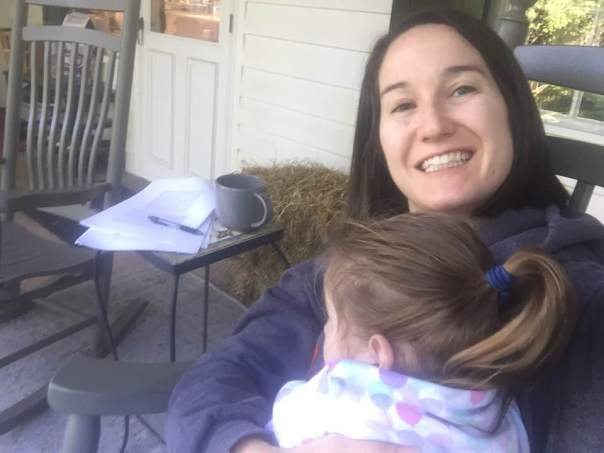
And would you believe it? My second prayer word that I’ve been wrestling and striving toward all these years so ungracefully and confusedly is none other than abide. And in leading me away from myself and toward attention to others, to my world, and to God, God continues to urge me to appreciate and learn from different ways of being.
Different ways of being that are good and perfect gifts. Different ways of being that are of God. Different ways of being that change us for the better, that lead us to learn from such wordless, sanctified offerings of pure, unadulterated delight that God has so generously made.
